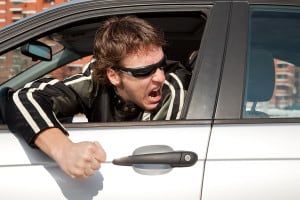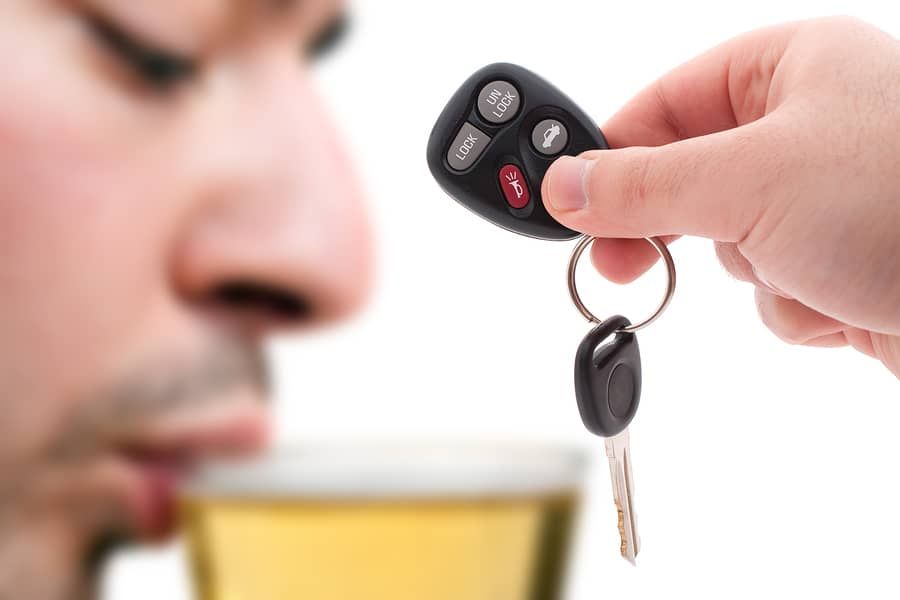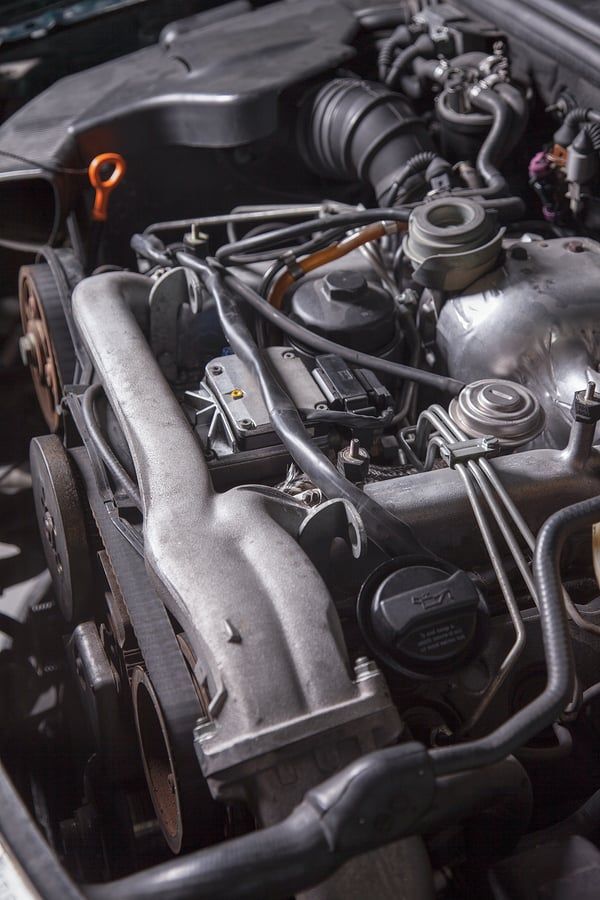 Getting your Michigan driver’s license back after you’ve been labeled a habitual DWI offender is hard work. One DWI (driving while intoxicated) conviction is bad enough, but if you get two DWIs within seven years or three within 10 years, you are considered a habitual offender and will have your license revoked by the Secretary of State. This means that you won’t be able to legally drive at all and must jump through quite a few hoops to get a restricted license.
Getting your Michigan driver’s license back after you’ve been labeled a habitual DWI offender is hard work. One DWI (driving while intoxicated) conviction is bad enough, but if you get two DWIs within seven years or three within 10 years, you are considered a habitual offender and will have your license revoked by the Secretary of State. This means that you won’t be able to legally drive at all and must jump through quite a few hoops to get a restricted license.
Getting a restricted driver’s license is neither guaranteed nor easy. After your license has been revoked for a certain period of time, you can apply for a restricted license. Part of having a restricted license is using a BAIID (Breath Alcohol Ignition Interlock Device). You have to drive with the BAIID installed on all of the vehicles owned or operated by you until the Secretary of State orders you to remove it.
In order to qualify for a hearing for a restricted license, you have to stop using drugs and alcohol for at least six months. In addition, you have to submit to a substance abuse evaluation and be enrolled in a substance abuse program. In some cases, you have to prove you haven’t had any alcohol or drugs for 12 months with no relapses. Previous license revocations and denials will also be taken into consideration.
A restricted license only allows you to drive to specific locations for specific reasons during specific hours of the day. Those locations and reasons are: home, work, court-ordered treatment programs, probation, court-ordered community service, and regular medical treatment for a serious health problem. However, as we mentioned earlier, getting a restricted license isn’t guaranteed, even with these reasons.
The consequences can be very limiting for a habitual DWI offender. Make responsible driving choices a habit, and you won’t ever have to worry about jumping through hoops to regain your license and freedom to drive.

 Virginia County May Recoup Costs from Drunk Driving
Virginia County May Recoup Costs from Drunk Driving